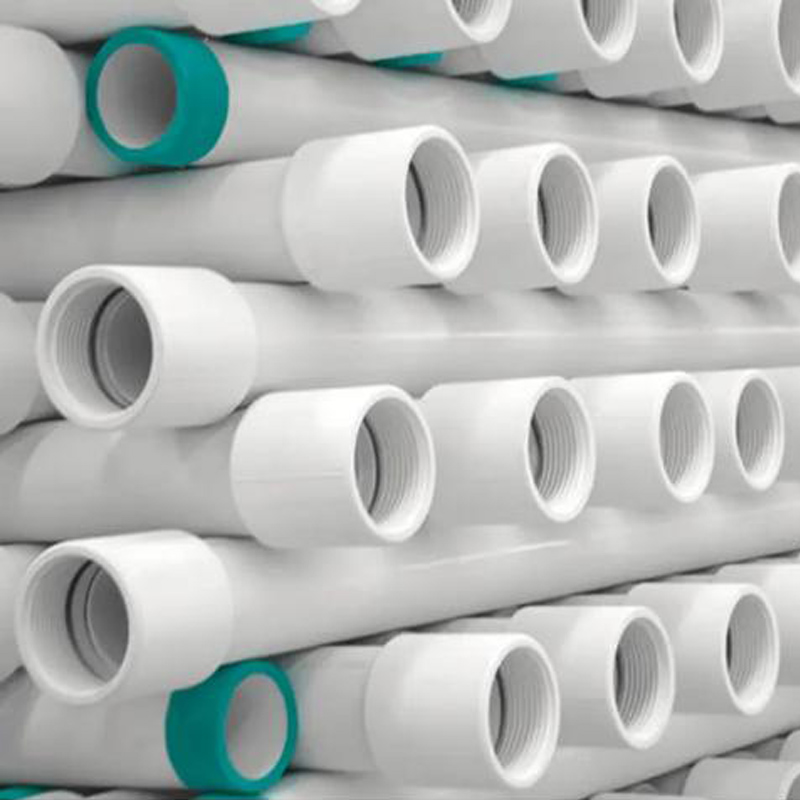Aug . 15, 2024 15:42 Back to list
High-Density Polyethylene Pipes for Safe Drinking Water Distribution Systems and Applications
HDPE Pipe for Potable Water Service A Reliable Solution
High-Density Polyethylene (HDPE) pipes are quickly becoming a preferred option for potable water service in modern infrastructure projects. Renowned for their strength, flexibility, and resistance to corrosion and chemicals, HDPE pipes offer numerous advantages that make them ideal for drinking water distribution. This article explores the benefits, applications, and considerations of using HDPE pipes for potable water service.
Benefits of HDPE Pipes
1. Durability and Longevity One of the primary advantages of HDPE pipes is their remarkable durability. They are resistant to rust, corrosion, and various chemical reactions, making them suitable for diverse environments, including those with acidic or alkaline soils. HDPE pipes typically have a lifespan of over 50 years, reducing the need for frequent replacements and maintenance.
2. Leak-Free Joints HDPE pipes are joined using various methods, including fusion welding, which creates a seamless, leak-free connection. This feature significantly minimizes the risk of water loss and contamination, ensuring the safety and integrity of potable water.
3. Flexibility and Lightweight HDPE is a highly flexible material, allowing for easy handling and installation in various terrains and conditions. Its lightweight nature also reduces transportation costs, making it an economical choice for contractors and municipalities. The flexibility of HDPE means it can withstand ground movement and settle without damage, which is particularly beneficial in earthquake-prone areas.
4. Reduced Friction Loss The smooth internal surface of HDPE pipes reduces friction losses, allowing water to flow more freely compared to traditional materials like metal or concrete. This efficiency can lead to lower energy costs in pumping and improved overall performance of the water distribution system.
5. Environmental Considerations HDPE is a sustainable material, manufactured from recycled plastics and fully recyclable at the end of its life cycle. Its long lifespan and energy-efficient production processes contribute to a decreased environmental footprint, aligning with growing global demands for sustainable infrastructure solutions.
Applications in Potable Water Service
hdpe pipe for potable water service

HDPE pipes are versatile and can be used in various applications within potable water systems
- Water Distribution Networks HDPE pipes efficiently transport drinking water from treatment plants to residential and commercial areas, ensuring purity and reliability. - Service Connections These pipes are commonly used for service lines that connect individual properties to the main water supply, allowing for seamless integration into existing networks. - Wastewater Treatment Due to their chemical resistance, HDPE pipes can also be applied in wastewater systems where treated water is reused for irrigation or other purposes.
Considerations for Implementation
Despite their many advantages, there are some considerations when selecting HDPE pipes for potable water service
1. Regulatory Compliance It is crucial to ensure that the specific HDPE pipe used meets local and national drinking water standards. Various certifications, such as NSF/ANSI Standard 61, guarantee that materials are safe for potable water applications.
2. Installation Expertise Proper installation is vital for maximizing the benefits of HDPE pipes. It requires trained professionals who understand the fusion welding processes and other specific techniques associated with HDPE handling and installation.
3. Cost Analysis While HDPE pipes may have a higher upfront cost compared to traditional materials, their long-term benefits, such as reduced maintenance and replacement costs, often lead to significant savings over time.
Conclusion
In summary, HDPE pipes represent a modern, innovative solution for potable water distribution systems. They offer exceptional durability, flexibility, and environmental benefits, making them an attractive option for municipalities and contractors alike. As the demand for reliable and sustainable water infrastructure continues to grow, HDPE pipes will play an increasingly vital role in ensuring safe drinking water for communities worldwide.
-
High-Quality PVC Borehole Pipes Durable & Versatile Pipe Solutions
NewsJul.08,2025
-
High-Quality PVC Perforated Pipes for Efficient Drainage Leading Manufacturers & Factories
NewsJul.08,2025
-
High-Quality PVC Borehole Pipes Durable Pipe Solutions by Leading Manufacturer
NewsJul.08,2025
-
High-Quality PVC Borehole Pipes Reliable PVC Pipe Manufacturer Solutions
NewsJul.07,2025
-
High-Quality UPVC Drain Pipes Durable HDPE & Drain Pipe Solutions
NewsJul.07,2025
-
High-Quality Conduit Pipes & HDPE Conduit Fittings Manufacturer Reliable Factory Supply
NewsJul.06,2025

